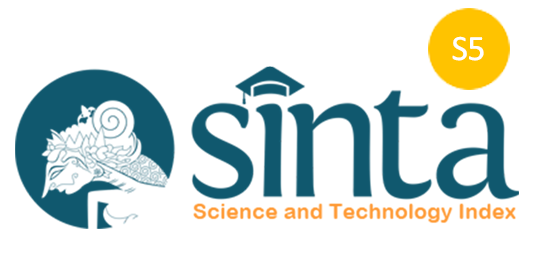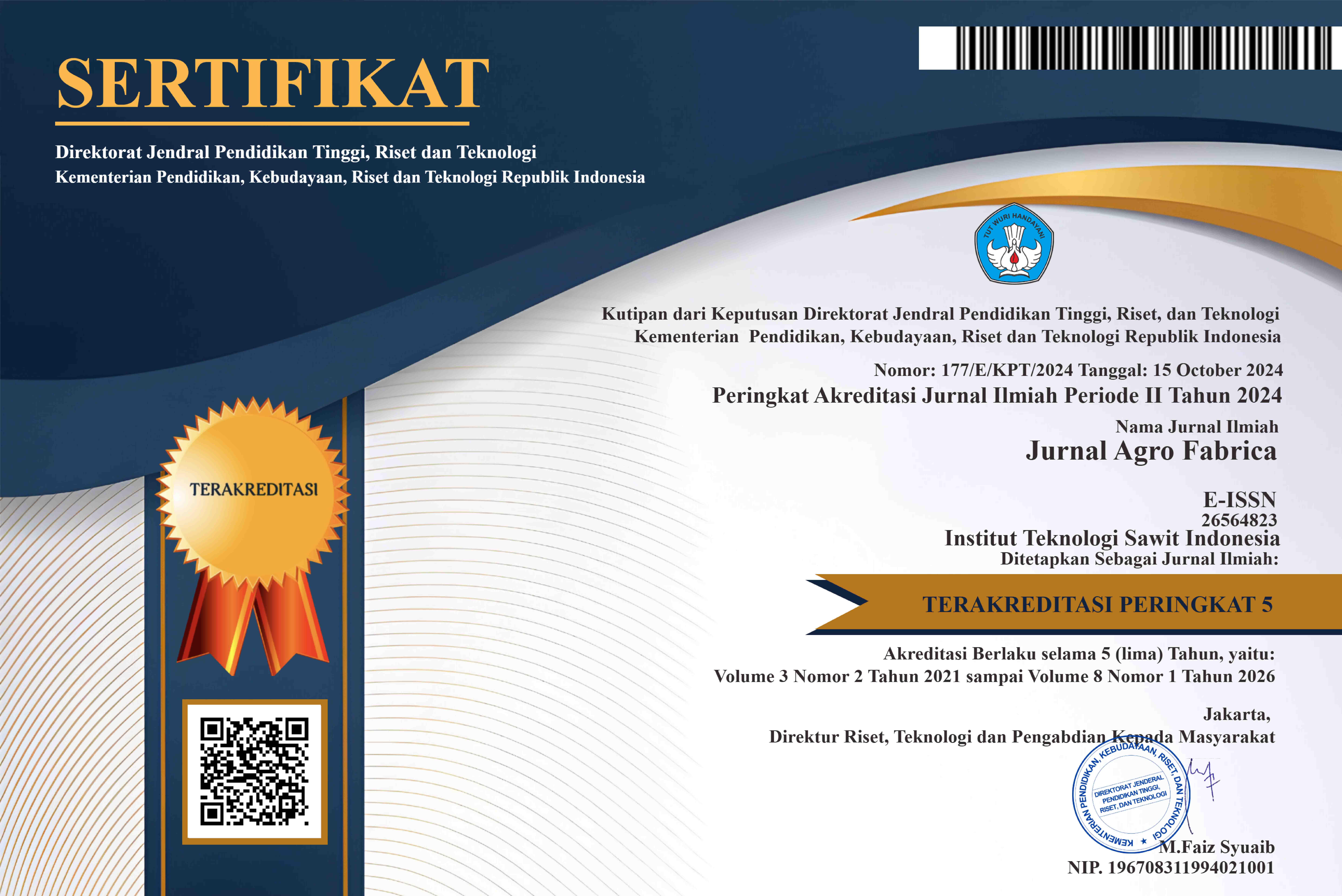BIOPLASTIK BERSUMBER BAHAN SELULOSA TANDAN KOSONG (TKKS) DAN PELEPAH KELAPA SAWIT (PKS)
DOI:
https://doi.org/10.47199/jaf.v3i1.171Keywords:
bioplastic, oil palm empty fruit bunches, oil palmAbstract
One of the environmental problems in Indonesia is plastic waste which is made from synthetic materials. This synthetic plastic waste is very difficult to decompose in the soil and takes 300-500 years to completely decompose. Therefore, bioplastic is an alternative to this problem. The purpose of this journal review is to calculate the cellulose potential of empty bunches (EFB) and oil palm midribs (PKS) through several processes, namely the delignification process and the bleaching process. ) 31.7%. So it can be said that empty fruit bunch cellulose (TKKS) and palm fronds (PKS) have enormous potential to meet the needs of bioplastic raw materials.
Downloads
Downloads
Published
How to Cite
Issue
Section
License
Copyright (c) 2023 Jurnal Agro Fabrica

This work is licensed under a Creative Commons Attribution 4.0 International License.




















